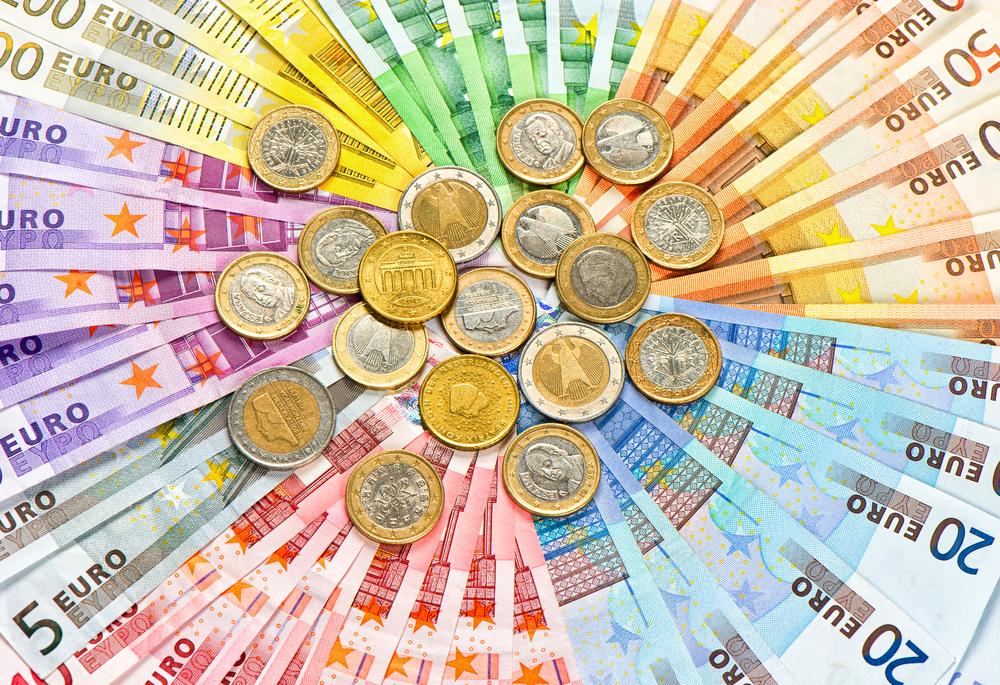The manufacturing sector in the Eurozone hit an all-time high in November and signs are pointing to further growth in 2018.
Unprecedented economic stimulus has helped Eurozone Manufacturing PMI hit 60.6 in November, beating expectations of 59.8 and up from 60.1 the month prior.
A PMI reading of above 50 indicates expansion whilst below 50 signals contraction.
“The rise in the euro zone composite PMI caps off a strong year and puts the economy on a very firm footing for the start of 2018,” said Stephen Brown of Capital Economics.
Despite the strong growth, some in Europe are cautious of expecting the growth rate to pick up much more given the stage in the business cycle we are in.
“We will see a persistently high underlying pace of economic growth not only in the final quarter of 2017 and the first quarter of 2018, but also over the remainder of 2018, during which time the German economy will grow robustly” said Jens Weidmann.
He continued “the further growth opportunities are being constrained, above all, by strong capacity utilisation and, in particular, labour shortages,”
While the Eurozone economy is running near full capacity, inflation still remains subdued, leaving many economists scratching their heads but more importantly, giving the ECB a mandate to keep policy loose for the foreseeable future.

